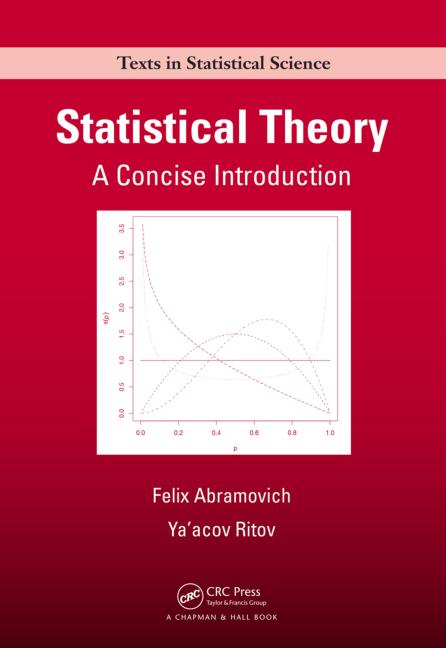Component-wise MCMC algorithms, including Gibbs and conditional Metropolis-Hastings samplers, are commonly used for sampling from multivariate probability distributions. A long-standing question regarding Gibbs algorithms is whether a deterministic-scan (systematic-scan) sampler converges faster than its random-scan counterpart. We answer this question when the samplers involve two components by establishing an exact quantitative relationship between the $L^2$ convergence rates of the two samplers. The relationship shows that the deterministic-scan sampler converges faster. We also establish qualitative relations among the convergence rates of two-component Gibbs samplers and some conditional Metropolis-Hastings variants. For instance, it is shown that if some two-component conditional Metropolis-Hastings samplers are geometrically ergodic, then so are the associated Gibbs samplers.
翻译:包括Gibbs和条件大都会-Hastings采样器在内的多变概率分布样本通常用于取样。关于Gibbs算法的长期问题是如何确定扫描(系统扫描)采样器是否比随机扫描对口速度快。当采样器涉及两个组成部分时,我们通过在两个采样器的2美元汇合率之间建立精确的定量关系来回答这个问题。这种关系表明,确定性扫描采样器的聚合速度更快。我们还在两个成分Gibs采样器和一些条件大都会-Hasting变异器的聚合率之间建立了质量关系。例如,可以证明,如果两个成份的有条件大都会-Hasting采样器是几何级的,那么相关的Gibs采样器也是几何级的。



